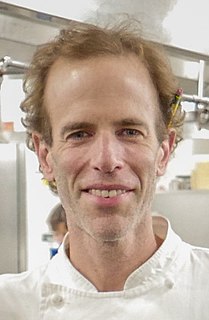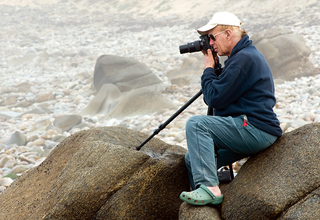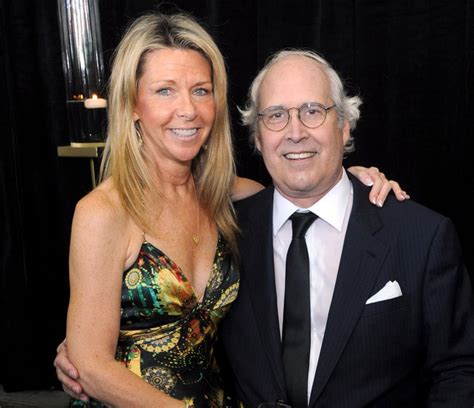A Quote by Sharon Gannon
If we weren't so dirt-conscious, we would obtain adequate vitamin B12 from soil, air, water, and bacteria, but we meticulously wash and peel our vegetables now - and with good reason, as we can't be sure our soil is not contaminated with pesticides and herbicides.
Related Quotes
The farmer and the farm, like "the environment," are looked upon, for example, as means to offset trade deficits. The farm is a place where we can externalize costs. The cost of pesticides to the farmer and the cost of the pesticides to the soil and groundwater are regarded similarly by the public: "a serious problem that something ought to be done about." But the problem is more fundamental than this glib statement would indicate, for soil pollution is an expense of production. So are pesticides and nitrates in our farm wells. So is the loss of farmers from the land.
Many people I've met believe that plants are made up of soil-that the tree outside your house, for example, is mostly made from the soil in which it grew. That's a common mistake. That tree is mostly made up of one of the gases in our air (carbon dioxide) and water (hydrogen and oxygen). Trees are solidified air and sunlight.
Since chemical fertilizer burns out the soil organic matter, other farmers struggle with tilth, water retention, and basic soil nutrients. The soil gets harder and harder every year as the chemicals burn out the organic matter, which gives the soil its sponginess. One pound of organic matter holds four pounds of water. The best drought protection any farmer can acquire is more soil organic matter.
We can break the mountains apart; we can drain the rivers and flood the valleys. We can turn the most luxuriant forests into throw-away paper products. We can tear apart the great grass cover of the western plains and pour toxic chemicals into the soil and pesticides onto the fields until the soil is dead and blows away in the wind. We can pollute the air with acids, the rivers with sewage, the seas with oil - all this in a kind of intoxication with our power for devastation at an order of magnitude beyond all reckoning.
We say we are earthlings, not waterlings. Our blood is closer to seawater than our bones to soil, but thats no matter. The sea is the cradle we all rocked out of, but its to dust that we go. From the time that water invented us, we began to seek out dirt. The further we separate ourselves from the dirt, the further we separate ourselves from ourselves. Alienation is a disease of the unsoiled.
I love, cherish, and respect women in my mind, in my heart, and in my soul. This love of women is the soil in which my life is rooted. It is the soil of our common life together. My life grows out of this soil. In any other soil, I would die. In whatever ways I am strong, I am strong because of the power and passion of this nurturant love.
CO2 from air can replace petroleum: it can produce plastics and acetate, it can produce carbon fibers that replace metals and clean hydrocarbons, such as synthetic gasoline. We can use CO2 to desalinate water, enhance the production of vegetables and fruit in greenhouses, carbonate our beverages and produce biofertilizers that enhance the productivity of the soil without poisoning it. Carbon negative technology is absolutely needed now.
The ability of human beings to be creative depends fundamentally on the health and well-being of our biosphere, the few kilometres of air, water, and soil that surround our planet like the skin of an apple. Quite simply, they are the physical and spiritual bases of our lives, and the only source of materials and tools.






































